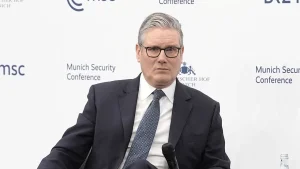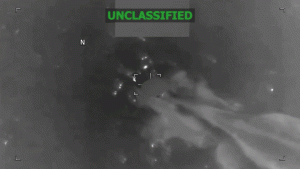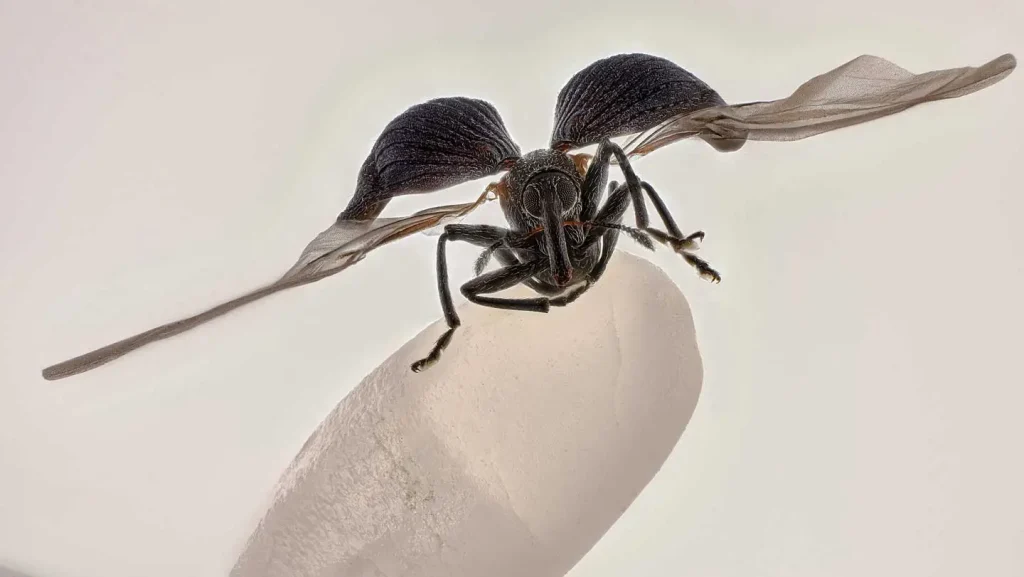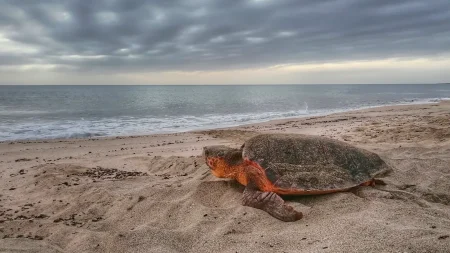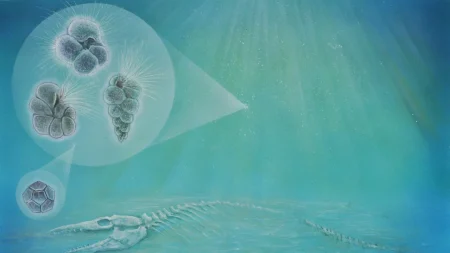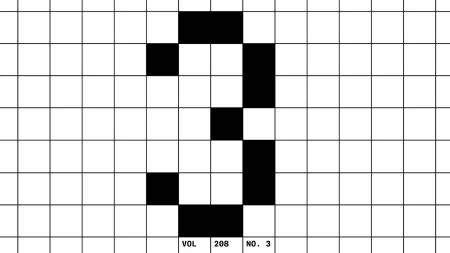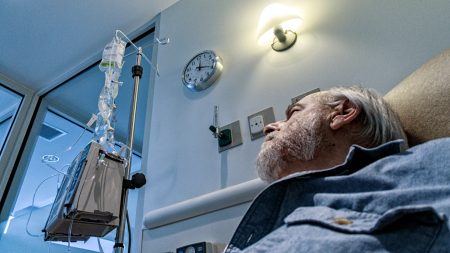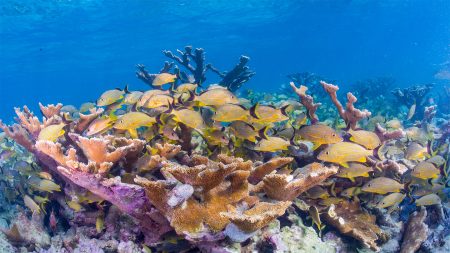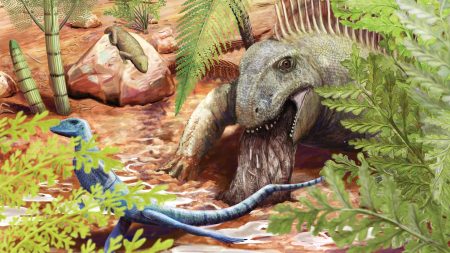Carly Kay: Science Communicator and Fall 2025 Science Writing Intern
Carly Kay brings her passion for translating complex scientific concepts into engaging narratives to her role as the Fall 2025 science writing intern at Science News. With a solid educational foundation in communication from the University of California, Santa Barbara, where she earned her bachelor’s degree, Kay developed the fundamental skills of clear and effective messaging that would later define her career path. Her academic journey continued at the University of California, Santa Cruz, where she pursued and obtained a master’s degree in science communication, honing her expertise in bridging the gap between scientific communities and the general public.
Kay’s educational background represents a deliberate career trajectory, combining broad communication principles with specialized science writing techniques. At UC Santa Barbara, she likely engaged with theories of human communication, media studies, and practical applications that would serve as building blocks for her future work. Her choice to pursue advanced studies in science communication at UC Santa Cruz demonstrates her commitment to the specific challenges and responsibilities of translating scientific developments for broader audiences. This specialized program would have equipped her with tools for investigating scientific topics, interviewing researchers, and crafting narratives that maintain scientific integrity while engaging non-expert readers.
As Science News’ Fall 2025 intern, Kay has the opportunity to apply her academic knowledge to real-world science journalism. In this role, she likely researches emerging scientific developments, interviews researchers, and crafts stories that make cutting-edge science accessible to Science News’ readership. The publication, known for its commitment to accurate and timely scientific reporting, provides an ideal environment for Kay to develop her professional voice while adhering to high journalistic standards. Her work may span various scientific disciplines, requiring adaptability and a keen ability to identify the most newsworthy and impactful aspects of new research.
Kay’s career choice reflects the growing importance of effective science communication in today’s information landscape. As scientific topics increasingly influence public policy debates and everyday decision-making, skilled communicators like Kay play a vital role in ensuring public understanding of complex issues ranging from climate change to public health to technological innovation. Through her work, she helps bridge the communication gap that often exists between specialized scientific communities and the broader public, facilitating more informed civic discourse and decision-making.
The intersection of communication studies and science writing that Kay represents is particularly valuable in an era of rapid scientific advancement and information overload. Her training equips her to evaluate scientific claims critically while also understanding how to frame information in ways that resonate with diverse audiences. This combination allows science writers like Kay to serve as trustworthy intermediaries, helping readers navigate complex and sometimes contradictory scientific developments with clarity and context. Her professional development at Science News likely involves balancing journalistic principles with scientific accuracy, maintaining editorial standards while crafting engaging narratives.
Looking forward, Kay’s internship experience positions her well for a career in science journalism, institutional science communication, or related fields where translating complex information for public consumption is valued. The practical experience gained through researching, reporting, and writing at a respected publication like Science News complements her academic credentials, creating a foundation for professional growth. As scientific literacy becomes increasingly essential to informed citizenship, communicators with Kay’s specialized training fulfill a crucial societal role, helping to ensure that scientific progress remains accessible rather than isolated within expert communities.

